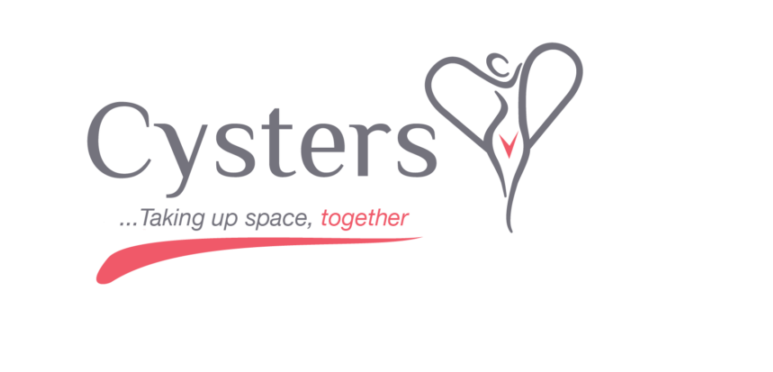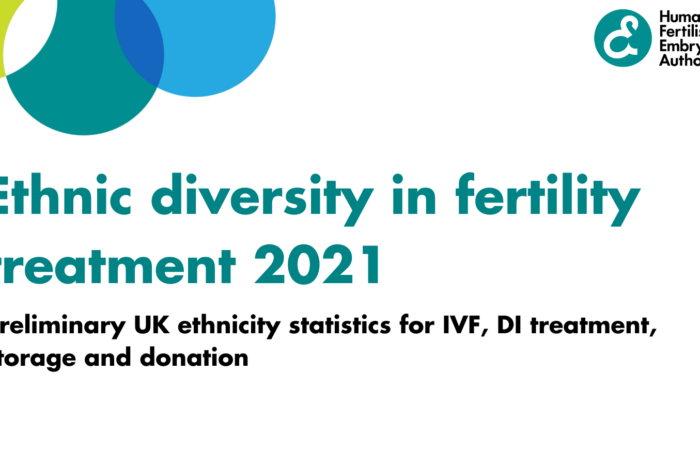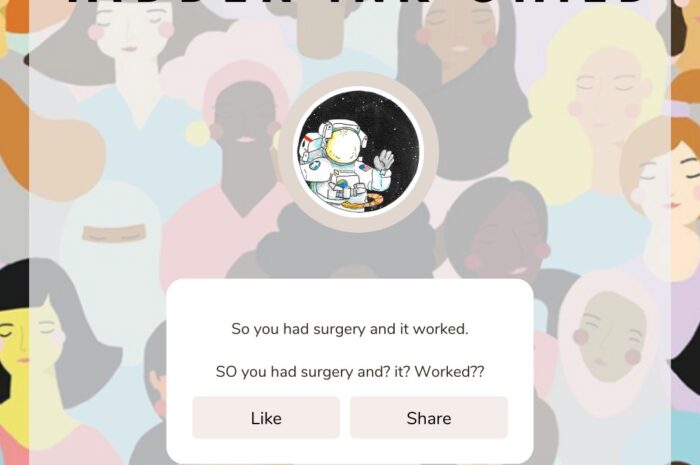
Hello!
My name is Lorna and I’m a 48-year-old woman, mother, wife and soon to be grandma living in Birmingham.
I’m a women’s health practitioner (Mizan Therapist) but not a doctor/gynaecologist/clinical specialist. What I write here is from my own experience firstly as a woman who has experienced over 20 years of *gynae issues and secondly from the experience of women who have come to me wanting relief from symptoms from heavy/painful periods, PCOS, fibroids, fertility issues, menopausal issues etc.
I’m guessing that if you’re reading this, you too have experienced/are experiencing gynae issues. If this is the case then welcome cyster, this is a place where you can find understanding, support with absolutely no shame or judgment.
I’m really happy to be sharing my story with you and if you take only one thing away from reading about my experience I hope it is the fact that, as women, we no longer have to suffer gynae issues in silence or with shame. Did I say one thing? Actually, a second thing I’d like you to take away from reading this is that painful and heavy periods are not normal.
Ever since my early twenties I have always suffered with heavy and gut-wrenchingly painful periods. It never occurred to me that this wasn’t normal because it seemed (I say ‘seemed’ because periods were never openly discussed) that nearly every woman I knew, whether young or old, experienced menstruation in the same way. I thought that these pains were normal, that flooding my way through packets upon packets of the most absorbent sanitary towels and tampons was normal, that spending the first 2-3 days of my cycle in agony and afraid to go out as I feared blood soaking through my clothes and causing great embarrassment was something that I should just put up with – all part of being a woman. Just put up and shut up.
It was only after going to my GP with symptoms of light-headedness and fatigue that I found out that I was anaemic and the most probable cause was my abnormally heavy monthly bleeds.
To cut a long story short, I was referred to a wonderful gynaecologist and tests showed that I had a large fibroid and an enlarged womb. She explained that this was the cause of my heavy and painful periods.
I remember feeling shocked but also relieved that a cause had been identified. I also had some regret because when I think back to all of those days spent in agony, almost confined to the house, fear and embarrassment that occurred for several days each month, I think – what a waste. Those days add up to months of unnecessary pain and missed opportunities as I planned my life around my monthly cycle.
I was presented with a number of treatment options and I opted for a hysterectomy as I knew that at 45 years old, my family was complete. I had 2 grown up children; no more children for me!
The operation went well and I recovered very quickly. I knew instantly that I had made the right decision for me but this isn’t the end of my womb story!
Fate led me to a wonderful woman called Bushra Finch. Bushra teaches ‘Mizan Therapy’ to women who want to become practitioners so that they can help other women with gynae, fertility and digestive issues.
I’d already heard wonderful things about Mizan Therapy. Women who had experienced the treatment raved about their period pain lessening, heavy periods getting lighter, periods returning after a long absence of menstruation, fibroids shrinking and disappearing, women conceiving babies where there had previously been fertility issues, PCOS symptoms improving, easier menopause etc.
I attended one of her residential courses a couple of years ago and learnt techniques that have been passed down from generation to generation within traditional (Mexican, Asian, African etc.) societies. I’m proud to be a part of the Mizan community; our membership is increasing as Bushra trains more therapists around the UK and further afield.
Mizan is very gentle and combines massage with other therapies to bring about hormonal balance and optimal womb positioning. The massage itself is absolutely blissful and leaves many a client nodding off on the couch!
It is an holistic approach which looks at all aspects of your physical, emotional and spiritual health. As part of your treatment plan, the therapist will encourage and support you to practice self-care and make important lifestyle changes to bring about balance and healing.
I particularly like the self-care aspect of Mizan Therapy as I witness women making time for themselves (we’re good at making time for everyone else but neglect our own health) and taking responsibility for their own health. Practicing self-care also means that, after their initial consultation and treatments, my clients need less appointments with me – saving them time and money (something that we’re all short of nowadays).
Typically, my clients come to me as the first or last port of call. Mizan Therapy may appeal to them because they want a more natural, gentle and less invasive treatment for their symptoms or they have seen their GP/gynaecologist and have been presented with the option of radical surgery such as hysterectomy and they would like to have more children, keep their wombs etc.
I have been on such a journey with my womb and although it has been challenging at times, I am grateful that it was able to carry 2 wonderful children; I realise that not every woman with gynae issues is that fortunate.
The women who come to me for fertility treatment have either had a number of failed IVF attempts or try Mizan first before spending lots of money on expensive private IVF treatment.
My work as a Mizan Therapist is very satisfying; seeing women become happy, confident, pain free and taking their health into their own hands is really gratifying. We’re changing the world, one womb at a time!
I’m really grateful to Neelam Heera, founder of Cysters to enable me to tell my story. As a society, if we continue to shroud gynae issues and women’s health in secrecy and shame, how are we ever going to change things for ourselves and for future generations?
*Throughout this story I refer to gynae issues and not ‘women’s issues’ as they can sometimes be termed because these issues are not just women’s but men’s too as they impact our husbands, partners, male GP’s/gynaecologists etc.
If you would like to book a consultation with me or find out more information about the treatments I offer, please visit – http://birmingham-doula.co.uk/mizan-therapy
For general information about Mizan Therapy or to find a practitioner in your area – http://www.mizantherapy.com/



